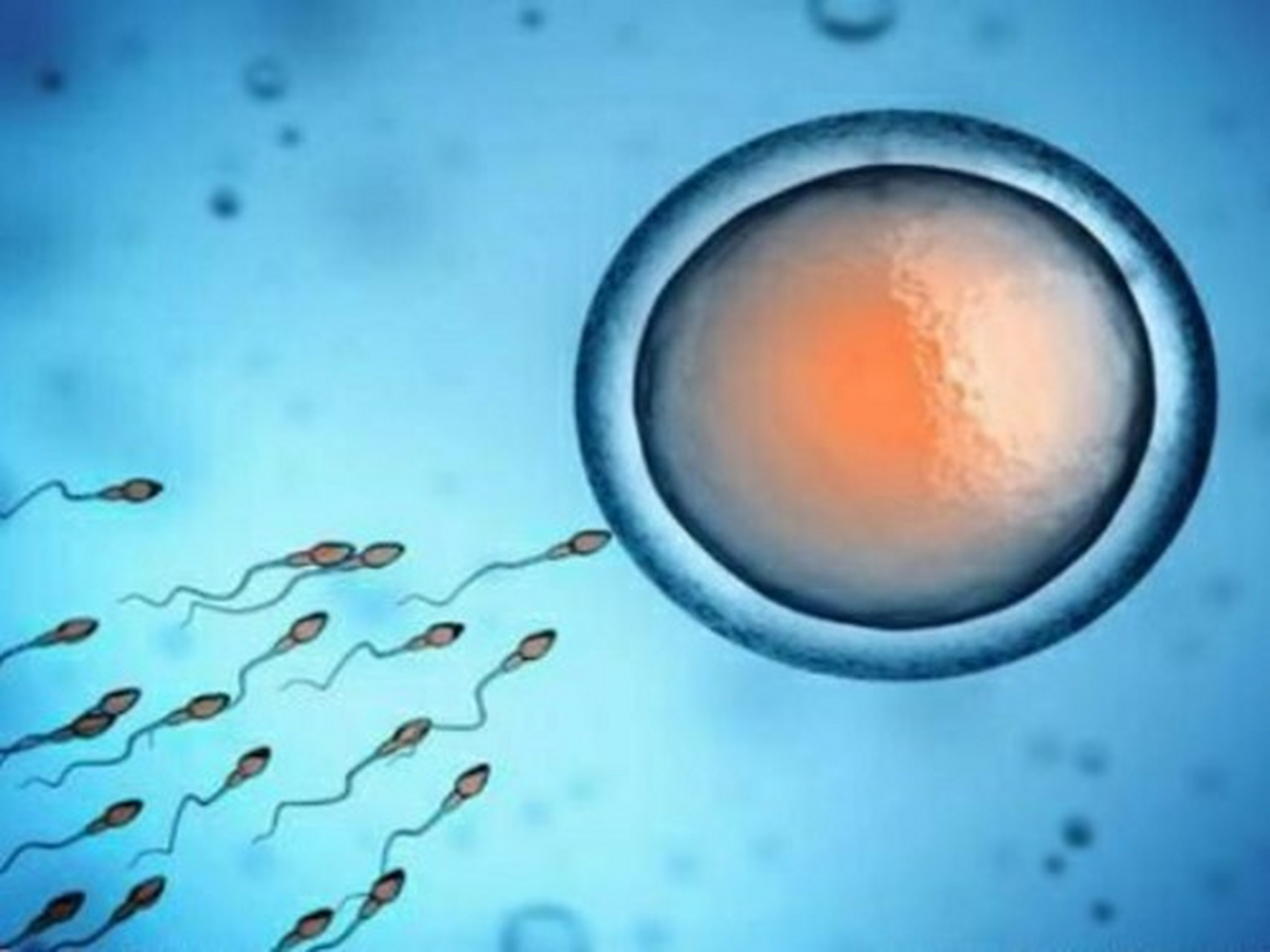How to Improve Sperm Quality Through Diet: Science-Backed Nutrition Strategies
Introduction
Male fertility is a critical component of reproductive health, and sperm quality plays a pivotal role in conception. Research shows that sperm count and motility have declined globally by 50–60% over the past four decades, with lifestyle factors like diet, stress, and environmental toxins contributing significantly. This article explores evidence-based dietary strategies to enhance sperm quality, focusing on nutrients, food sources, and lifestyle adjustments supported by scientific studies.

Key Nutrients for Optimal Sperm Health
1. Zinc: The Fertility Mineral
Zinc is essential for testosterone synthesis, sperm production, and motility. Studies indicate that zinc deficiency correlates with reduced sperm count and increased DNA fragmentation510.
- Food Sources: Oysters (highest zinc content), crab, beef, pumpkin seeds, and lentils.
- Daily Intake: Aim for 11–15 mg daily. A single oyster provides over 100% of the daily requirement7.
2. Selenium: Antioxidant Protection
Selenium protects sperm from oxidative damage and supports structural integrity. Low selenium levels are linked to poor motility and abnormal morphology39.
- Food Sources: Brazil nuts (1 nut ≈ 95 mcg), tuna, eggs, and spinach.
- Tip: Consume 2–3 Brazil nuts daily to meet selenium needs (55 mcg/day)7.
3. Omega-3 Fatty Acids: Boosting Sperm Vitality
DHA and EPA, types of omega-3s, improve sperm membrane flexibility and motility. A 2017 meta-analysis found omega-3 intake positively correlates with sperm concentration37.
- Food Sources: Salmon (1,100 mg DHA per 100g), mackerel, walnuts, and flaxseeds.
- Recommendation: Consume fatty fish twice weekly or supplement with algae-based omega-3 for vegetarians.
4. Antioxidants: Combatting Oxidative Stress
Vitamins C, E, and coenzyme Q10 (CoQ10) neutralize free radicals that damage sperm DNA. A 2018 study showed men taking antioxidants had 20% higher motility rates36.
- Food Sources:
- Vitamin C: Oranges, bell peppers, strawberries.
- Vitamin E: Sunflower seeds, almonds, spinach.
- CoQ10: Organ meats, sardines, broccoli.
5. Folate (Vitamin B9): DNA Synthesis
Folate deficiency is linked to chromosomal abnormalities in sperm. Men with low folate intake have higher rates of aneuploidy.
- Food Sources: Leafy greens, lentils, avocados.
- Supplementation: 400–800 mcg daily, as cooking destroys 50–90% of natural folate.
Dietary Patterns for Enhanced Fertility
1. Mediterranean Diet: A Gold Standard
Rich in fruits, vegetables, whole grains, and healthy fats, this diet improves sperm count and motility by 30% compared to Western diets.
- Sample Meal Plan:
- Breakfast: Greek yogurt with berries and walnuts.
- Lunch: Grilled salmon salad with olive oil dressing.
- Dinner: Quinoa with roasted vegetables and chickpeas.
2. Avoid Ultra-Processed Foods (UPFs)
A 2025 study linked high UPF intake (e.g., fast food, sugary snacks) to reduced sperm concentration. UPFs promote inflammation and oxidative stress.
- Alternatives: Swap soda for sparkling water with lemon; replace chips with air-popped popcorn.
3. Limit Alcohol and Caffeine
Excessive alcohol (>14 drinks/week) lowers testosterone and increases abnormal sperm. Caffeine (>300 mg/day) may impair DNA integrity.
- Safe Limits: ≤2 alcoholic drinks/day; ≤200 mg caffeine (≈1–2 cups of coffee).
Lifestyle Adjustments to Support Dietary Efforts
1. Maintain a Healthy Weight
Obesity increases scrotal temperature and estrogen levels, harming sperm production. A BMI of 20–25 is ideal.
- Action Steps:
- Engage in moderate exercise (e.g., swimming, brisk walking) 3–4 times weekly.
- Avoid prolonged sitting; use standing desks and take breaks.
2. Manage Stress
Chronic stress elevates cortisol, which disrupts hormone balance. Meditation and yoga reduce stress biomarkers by 30%510.
- Quick Fix: Practice deep breathing for 5 minutes daily.
3. Avoid Environmental Toxins
Pesticides, BPA (in plastics), and heavy metals impair sperm function.
- Prevention:
- Choose organic produce when possible.
- Use glass containers instead of plastic.
Supplements for Targeted Support
While a balanced diet is foundational, supplements can address deficiencies:
- CoQ10 (200–300 mg/day): Improves sperm motility and fertilization rates in IVF.
- L-Carnitine (2 g/day): Enhances mitochondrial energy production in sperm6.
- Vitamin D (1,000–2,000 IU/day): Men with sufficient vitamin D have 45% higher motility.
Caution: Consult a healthcare provider before starting supplements to avoid overdosing (e.g., zinc >40 mg/day causes copper deficiency).
Frequently Asked Questions
Q: Can aging affect sperm quality?
Yes. After age 40, sperm DNA fragmentation increases by 2% annually, raising miscarriage risks.
Q: Does abstinence improve sperm quality?
No. Optimal abstinence is 2–5 days. Prolonged periods (>7 days) lead to sperm aging and DNA damage510.
Q: Are “male fertility superfoods” effective?
Foods like oysters (zinc), walnuts (omega-3), and pomegranates (antioxidants) show promise, but synergy with a balanced diet is key.
Conclusion
Improving sperm quality requires a holistic approach: prioritize zinc-rich seafood, antioxidant-packed produce, and omega-3s while avoiding processed foods and environmental toxins. Pair dietary changes with stress management and regular exercise for optimal results. By adopting these strategies, men can enhance fertility outcomes and support overall reproductive health.
Search within the site
Surrogacy News
Hot Tags.
Kyrgyzstan Surrogacy Agency,Global IVF Hospitals,International Surrogate Mother Recruitment